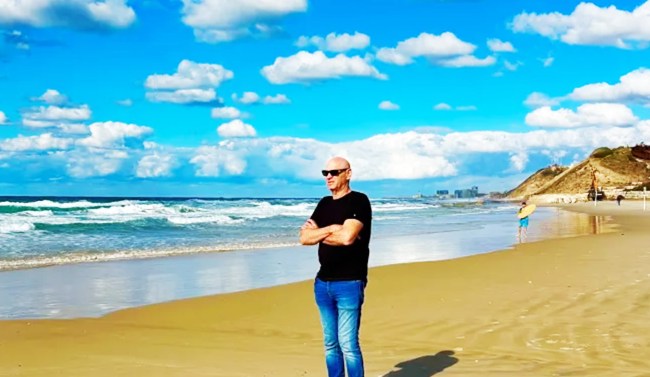Toronto Film Festival Documentary Censorship Explained

The recent withdrawal of a documentary from the Toronto International Film Festival has sparked a heated debate about censorship in the film industry. This article delves into the details of the situation surrounding ‘The Road Between Us: The Ultimate Rescue’.
Toronto Film Festival Documentary Censorship Drama Explained
The Toronto International Film Festival (TIFF) recently announced the withdrawal of Barry Avrich’s documentary The Road Between Us: The Ultimate Rescue, which focuses on the Hamas attacks in Israel on October 7, 2023. Organizers cited issues regarding footage rights and security concerns as the reasons for this decision. However, the filmmakers have labeled this action as censorship. Here’s a closer look at the situation.
What Is the Film About?
The Road Between Us: The Ultimate Rescue is a documentary by Canadian filmmaker Barry Avrich that follows retired Israeli General Noam Tibon as he attempts to rescue his son, journalist Amir Tibon, and his family during the Hamas-led attack on Kibbutz Nahal Oz in southern Israel. The film features footage captured by Hamas militants during the attack, resulting in the deaths or hostage-taking of over a quarter of the kibbutz’s approximately 400 residents.
The Festival’s Position
Initially invited to be part of TIFF’s 2025 lineup, the documentary’s invitation was later rescinded, as reported by Deadline. A TIFF representative stated, “The invitation for The Road Between Us: The Ultimate Rescue was withdrawn because the film did not meet general requirements for inclusion in the festival, including legal clearance of all footage. This was to protect TIFF from potential legal implications and to manage risks associated with screening sensitive subject matter.”
The Filmmakers’ Response
The filmmakers have expressed their dismay, calling the decision “censorship.” They stated: “We are shocked and saddened that a venerable film festival has defied its mission and censored its own programming by refusing this film. Film is an art form that stimulates debate from every perspective. We remain defiant and will release the film independently.”
The Festival’s Rebuttal
TIFF CEO Cameron Bailey has countered the censorship narrative, emphasizing the need for compassion and sensitivity. In a statement, he expressed his intention to screen the film and acknowledged the concerns raised by the Jewish community. Bailey clarified that claims of censorship are “unequivocally false” and reiterated his commitment to working with the filmmakers to meet TIFF’s screening requirements.
See More ...
What’s Next?
Despite the setback, the filmmakers plan to release the film independently, ensuring that audiences worldwide can view it.
The Big Picture
This controversy highlights the challenges faced by film festivals and distributors in a politically charged environment. For instance, the Oscar-winning documentary No Other Land, which explores the relationship between a Palestinian activist and an Israeli journalist, has yet to find a U.S. distributor despite its acclaim. As one of its codirectors noted, “There is much less space for this kind of criticism, even when it comes in the form of a film.”




